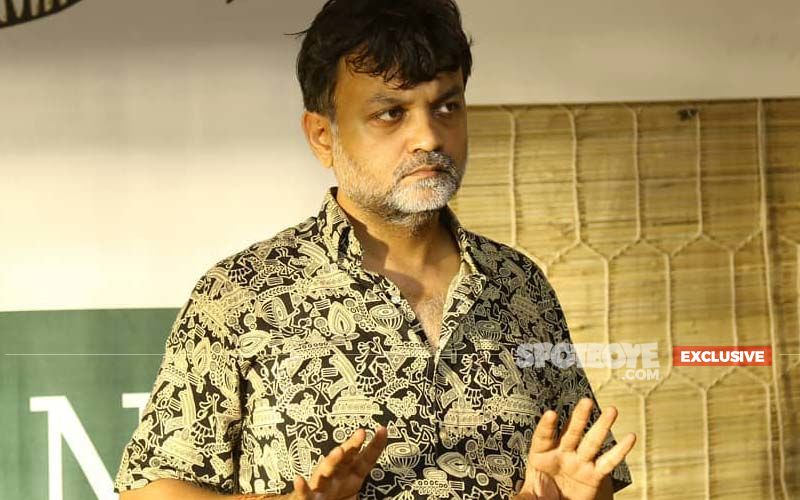It is a truth universally acknowledged (in the Bengali film world at least) that people will talk about a Srijit Mukherji film. Never one to shy away from bold or controversial topics, the talented director has mostly been the centre of much stormy debate. Dwitiyo Purush, however, has set the controversy bar higher than usual, even for Srijit Mukherji. Dealing with the underbelly of Kolkata’s Chinatown area, his latest offering is generously peppered with expletives. There are also explicit scenes of homosexuality, including a long and passionate lip-lock between the male leads.
No wonder then, that Srijit Mukherji has had to deal with brickbats along with accolades for Dwitiyo Purush. “Many viewers have broken into organic applause at the moment when my heroes kiss. But yes, not everyone has been able to deal with the homosexual content. Dwitiyo Purush has undoubtedly polarised the audience. Baishe Srabon and Rajkahini had also had a similar effect on viewers. I’m fine with it. I like polarisation,” says the director of Dwitiyo Purush.
One of the main complaints from a section of the audience is, how can a meek, intellectual police officer like Abhijit Pakrashi (played by Parambrata Chatterjee) turn out to be a vicious murderer? In his defence, Srijit explains, “Some of the most brutal killers we see in newspapers or TV channels are meek people. They appear very normal. The viewers who cannot accept Abhijit as a murderer must not be too aware of criminal psychology.”
The director has dedicated Dwitiyo Purush to two of the most celebrated crime authors of all time, Sir Arthur Conan Doyle and Agatha Christie. Srijit says, “In their murder mysteries, the most unlikely person is usually the criminal. Even in Baishe Srabon, Probir Roychoudhury (played memorably by Prosenjit Chatterjee), who was exposed as a serial killer, was apparently a law loving police officer. This is what’s called a twist.”
The director feels that another reason why the fate of Abhijit Pakrashi (Parambrata) has been criticised is that many people cannot accept the element of ‘otherisation’. Srijit explains, “I’m sure many people are asking themselves, how can one of ‘them’ become one of ‘us’? How can a criminal reform himself to the extent of becoming an ideal police officer? Baishe Srabon had pretty much the same premise in reverse. But that film was couched in intellectualism, so it was easier to stomach. Dwitiyo Purush does not have that cushioning.” He adds, “It seems some people can only accept reformation to a certain degree. They are fine with criminals putting up a dance drama, but not so with a murderer becoming a member of law enforcement. It’s as if there’s a social cap on reformation!”
image source:-youtube/SVF/sangeetbangla


